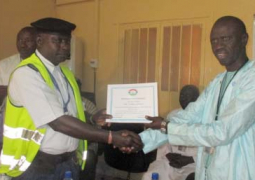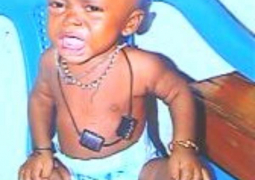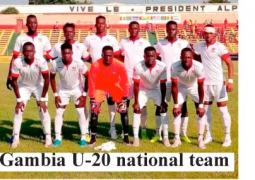(Cont.d from our last edition)
Take time to prepare for an interview. It's time well invested.
Know what you want to say ahead of time.
Prepare three main "key points". These are things you want to clearly get across to the person interviewing you. Too many messages might get confusing.
Always think about the person or people you will be speaking to.
Don't memorize what you are going to say. It doesn't sound natural.
Use key words and phrases to prepare yourself.
Try to answer all questions
Techniques for returning to your message: "Bridges like: let me add, another thing to remember is, the point is, more to the point could be used."
Important Rules
1. Avoid confusing terms or words. Beware of short forms or acronyms.
Example: CRC which means Convention on the Rights of the Child.
2. Translate information. Try to help people understand difficult concepts.
3. Don't repeat the negative if you are responding to a critical question. Repeating the interviewer's words could be damaging.
Example: Isn't your hope that world leaders will place children's rights on their national agenda unrealistic?
Answer: No, it's not unrealistic. We believe that world leaders need to….
Better answer: We believe that world leaders have the opportunity…..
Exception: if the negative is a stereotype you wish to correct, you may want to repeat it and then address it correctly.
4. Correct any misinformation in the question before you answer it.
Example:
Question: I understand that 200 countries have signed the Convention on the Rights of the Child…?
Answer:
Actually, 191 member states have signed…..
5. Never say "no comment." It sounds as though you are trying to hide something.
6. Avoid rumors, gossip and falsehood. It's far better to stick to the facts.
Whenever you do an interview, tape it. It's a great way to see how you look on camera and for you to have a copy of what you really did say. You never know when you may need it later.
Presentation:
Most importantly, be yourself. Be natural. If appear you artificial, people won't believe what you are trying to say.
Never read your comments even on radio when you think no one can see you.
Vary the way you say things. But make sure it's natural.
Be enthusiastic and happy if you feel you can.
Never lose your temper or get angry with the interviewer.
Don't memorize what you are going to say. You will appear as if you have practiced it.
Appearance is very important for television:
Try to eliminate any distractions
Avoid flashy colors, prints, large jewelry and unusual hairstyles.
Try to appear as though you are interested.
Always look at the person asking the questions when you can.
Avoid sitting behind a desk because it distances you from the viewers.
Sit on jacket tails to avoid bunching at the shoulders.
Make sure you are neatly dressed. You will appear more confident that way.
The Five 'Cs' for a Good Interview:
Be clear
Be Concise (short)
Be Conversational (speak as if you are speaking to people you know)
Provide Content (Give the journalist something to go on but remember your "Key points.")
Be Consistent (Don't change your mind half way through the interview.)





